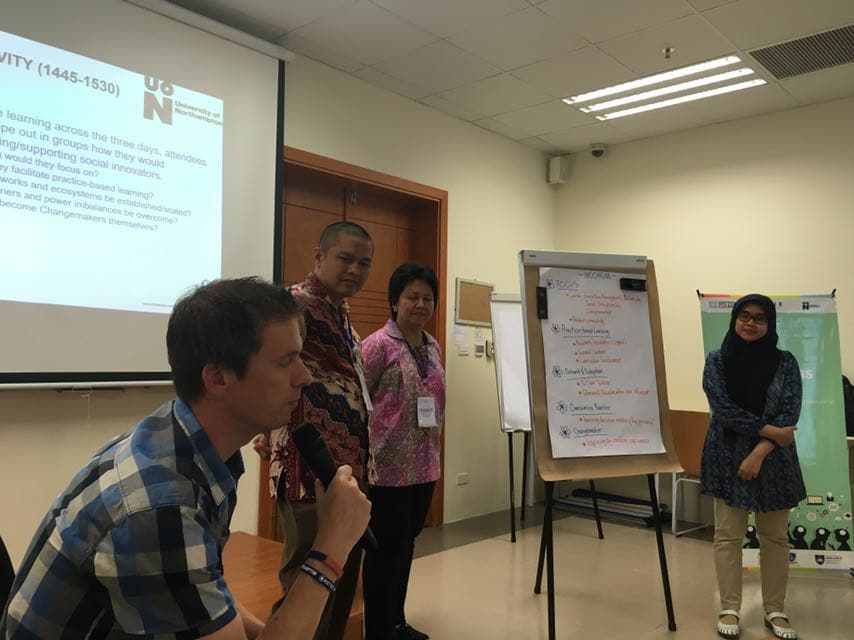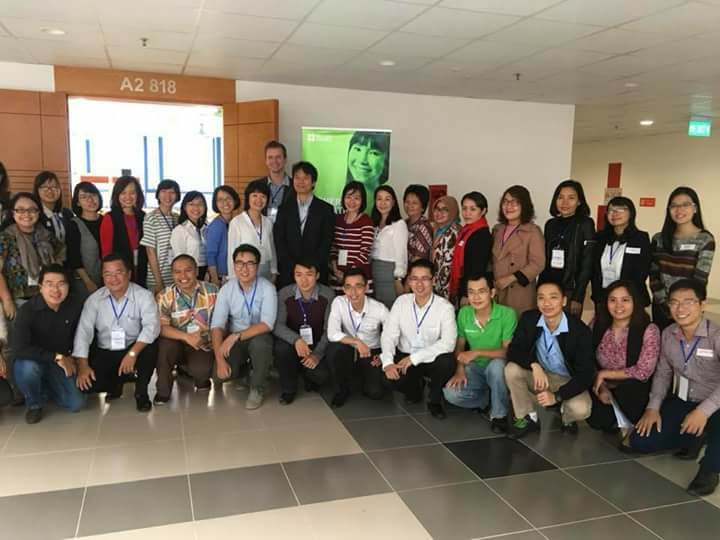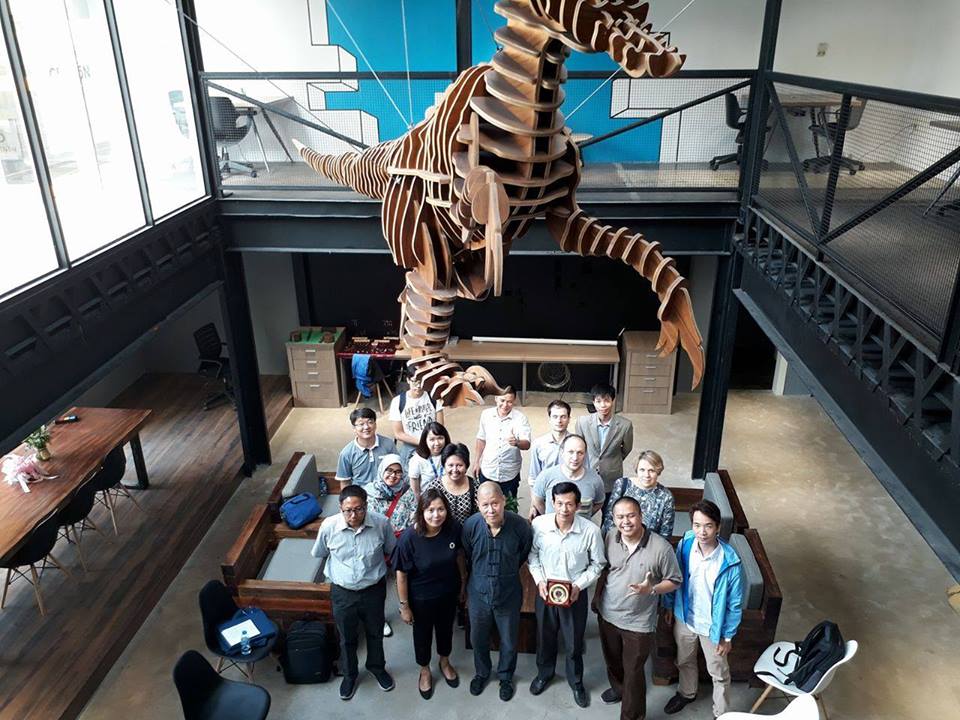
ASK
ME

REGISTER
NOW
Report of Training of Trainer on Social Innovation and International Conference on Social Entrepreneurship “Social Innovation in Asia: A Focus on Higher Education”
Hanoi, 7-11 November 2017
These events were held by British Council, collaboration with University of Northampton and National Economics University. There were two big programs in these events actually, i.e.: Training of Trainer on Social Innovation (November 7th-9th) and International Conference on Social Entrepreneurship “Social Innovation in Asia: A Focus on Higher Education (November 10th-11th).
Professor Richard Hazenberg was the facilitator/mentor on this ToT program. On the first day, he gave basic understanding about social innovation, such as definition of social innovation, the differences between social entrepreneur and social innovation, and pedagogy of social innovation. The one quite interesting thing that draw my attention was that we can give this social innovation material to student via co-curricular activities. On second day, he gave us understanding about financial aspect of SI, and on the last day of training, he gave us understanding about leading the SI. Every day, in the end of the day, Prof. Richard gave us group task, which “forced” us to do collaboration with other participants, even with Vietnamese participants and to present our task in front of other participants.



In each day of training, I had opportunity to learn from practitioner of SI and SE, such as Ms. Pahm Kieu Oanh, the CEO/founder of Center for Social Initiative Promotion, on the first day. One value that I learned from her is that we must have a great passion to do something in social innovation and social entrepreneurship field. She also must convince and motivate her employees to always do the best in this field, for the sake of their community. On the second day, they were Coca Cola Company representative. In this session, they spoke about CSR initiative in Vietnam. From this session, I learned that Coca Cola’s CSR initiatives is different between one country and another. Coca Cola Amatil Indonesia for example, gave a lot donation for natural disaster and made soccer school for poor children, not like in Coca Cola Vietnam who have CSR initiatives in clean water for community. On the third day, Brian Spence from Offshore Investment Broker was our guess speaker. He said, one of his toughest job is to convince business people to do social initiatives for their community. From those three practitioners, I learned a lot of the reality of SI and SE in Vietnam.
There are some most interesting things that I learned from this 3 days ToT program, i.e.:
On November 10th, I attended International Conference of Social Entrepreneurship (ICSE). At the panel discussion, Atma Jaya Catholic University of Indonesia, Dr. A. Prasetyantoko has been one of the speakers. Again, this event gave me very rich experience. I learned a lot of things about Social Entrepreneurship in some different countries, such as in India, Russia, and South Korea.
On November 11th, all the participants of ICSE went to social enterprise. We went to Hanoi’s Creative City and Dao’s Care. Hanoi’s Creative City is a place that own by private company that rented to people, especially start-up owner who do not have office. Dao’s Care is a spa and massage place that employed blind people as masseur. The Dao’s Care representative said, blind people are more sensitive, so training program for them is a little bit different with training program for normal masseur.
I have been asked by some of my colleagues, is this program can be applied in Indonesia? I said, absolutely it could apply in Indonesia. Indonesia has a tight social community and Indonesia people are collectivist, not individualist. Indonesia people have a value that we call “gotong royong” (helping each other). Actually, that value is one of the spirits of social innovation and social entrepreneurship. But, we need to “reactivate” that value that almost vanished in this modern life, where Indonesia people already become individualistic, do not care with other people condition or even environment. By doing some training about social innovation and social entrepreneurship, I hope we can “reactivate” that value and can develop people’s awareness of the importance of the social impact for business.
(By Ati Cahayani, Atma Jaya Catholic University of Indonesia)